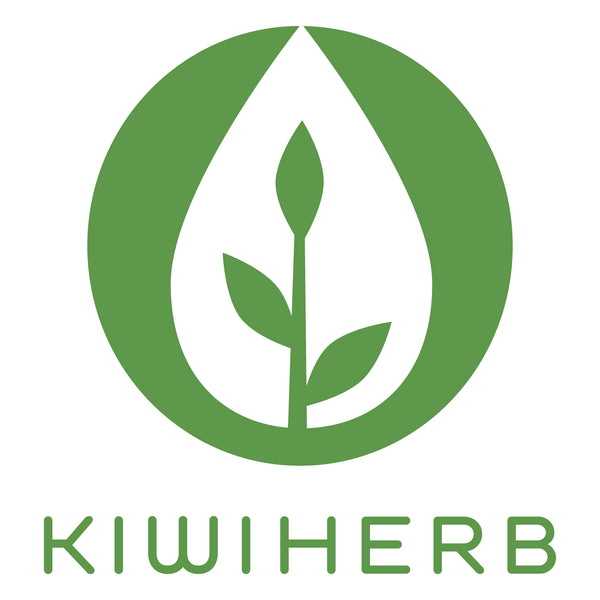The immune system is closely linked with many of our daily body systems including our sleep wake cycle. Our internal circadian sleep clock governs when we sleep and wake up helping set up your inner sleep well-being. It impacts on our internal sleep clock time, helping to determine if you are early morning lark or night owl and influences what time of the day is best for you. We all are all different as to what times may work best for us for brain boosting and focus times for enhanced productivity.
The power of a good night’s sleep
A healthy sleep wake cycle helps set us up for more than feeling rested and restored - it helps determine our state of complete well-being. While we sleep our immune system still remains very busy. It is a 24-hour operation, our immune surveillance and immune staff such as our natural killer (NK) and T helper immune cells are watching and busy with immune protection all the time.
When we are sleeping, our metabolism eases and slows and our respiratory system gently calms for a less energetic state of being. This slowing of both breathing and low metabolism energy function, allows more energy to go into other body functions that are needed, such as cellular restoration and recovery, like our immune cells.
The immune system naturally uses sleep time to produce and stimulate white blood cells, such as white blood cells (WBCS) T helper cells, and our great helpers of the immune system and our immune warriors such as our cytotoxic natural killer cells. Also, our immune system produces beneficial molecules for assisting body comfort and well-being, at peak daytime wakefulness making it this unique built in 24-hour immune system for us.
Boosting your immune well-being – are you getting enough sleep hours?
Getting the right balance of sleep helps determine a healthy immune response in the body, helping our immune defences when we may need them most of all. The well-being effect of a good night’s sleep extends to our immune-gut health, supporting our friendly gut bacteria and microbiome and helping them flourish for an optimal immune response. Alongside clocking in adequate sleep hours (7-9 hours) each night to help restore and recharge and boost our long-term immune memory and protection support.
The different stages of sleep and their unique benefits
As we drift into sleep, we gently enter the following 4 stages of sleep of non-REM sleep and REM Sleep.
Stage 1 – This initial non-REM sleep wave this is our first off button for the night, gently settling us into a quieter state, slower breathing and heart rate begins to happen.
Stage 2 - The non-REM sleep brings us into a more quitter sate again, we begin to slow more and our electrical signalling slows more so as get ready to enter into deep REM sleep.
Stage 3 - Helps to deepen our sleep sate in preparation for REM sleep, it is one of the last stages of non-REM sleep.
Stage 4 – Around 90 minutes into sleep we may typically reach REM sleep, your side-to-side eye movements start while asleep, and slowly will encourage a lighter waking up through the night, alongside softly boosting heart rate and breathing. Most of your dreaming occurs during REM sleep, although some can also occur in non-REM sleep. Your arm and leg muscles become temporarily paralyzed during this stage of sleep, which prevents you from acting out your dreams.
But as we age, we sleep less and spent lesser time in REM sleep. Our main memory processes are thought to most likely need both non-REM and REM sleep to help consolidate all that we need too, from over our day. We need all the stages of sleep to be working, as this helps to benefit our health and help for everyday immunity and more.
Achieving the sleep well-being effect
Including some simple sleep hygiene habits can help here, using herbs such as Kava, Magnolia, Passionflower, Withania (for a stress recovery aid too) and Lemon balm all help in supporting a restful night’s sleep for superior immune health.
Helping achieve a less stressed state all while encouraging a contended state of wellness for boosting daily vitality and well-being.
Sleeping well for immunity includes having essential ingredients such as the below list.
- Going to bed at the same time everyday, or during the week. Helps to set a healthy sleep wake clock.
- Temperature, around 18 degrees helps us to relax and feel sleepy for end of day.
- Finding ways to destress, from exercise, to reading or watching a movie we all need that time to help us relax and help us find some calm in our busy day.
- Less exposure to bright light will help us in settling in for the night, as in return we produce melatonin and this works to naturally induce as into a quiet and soothing sleep.
Our sleeping habits or hygiene helps to provide much more than just a rested state, they help in achieving overall health and set up good practises for you to at your best, alongside sleep restoration and healthy immunity support, helping us live well and acts as optimal immune defence for our new normal and everyday vitality.
Related Products:



